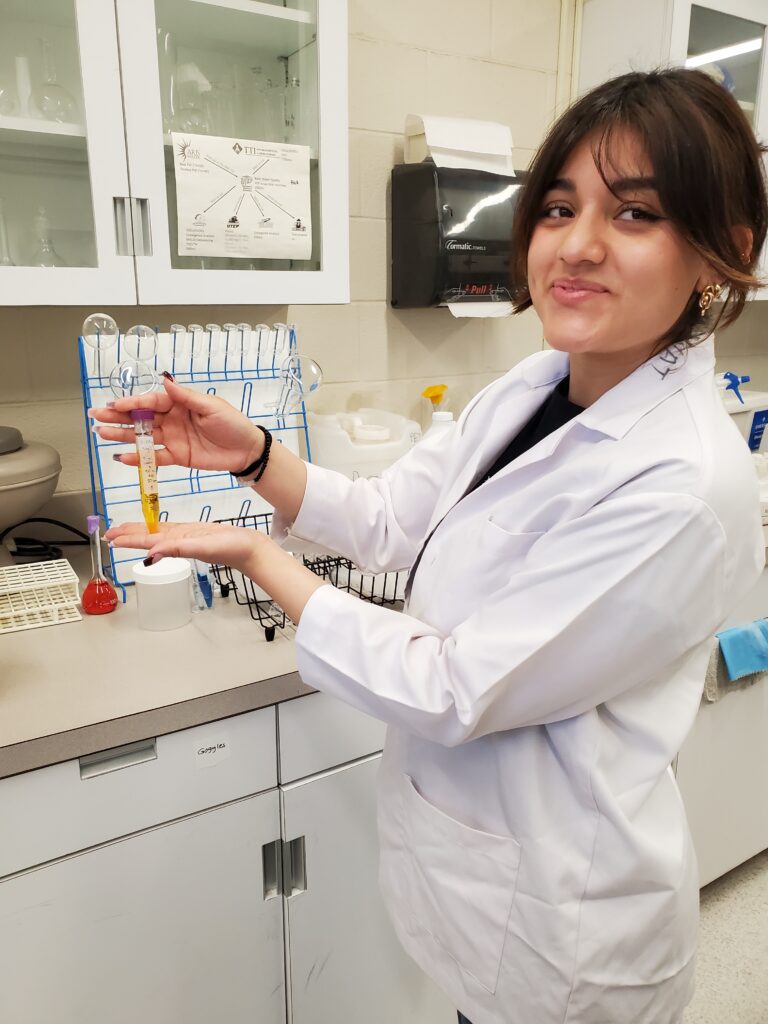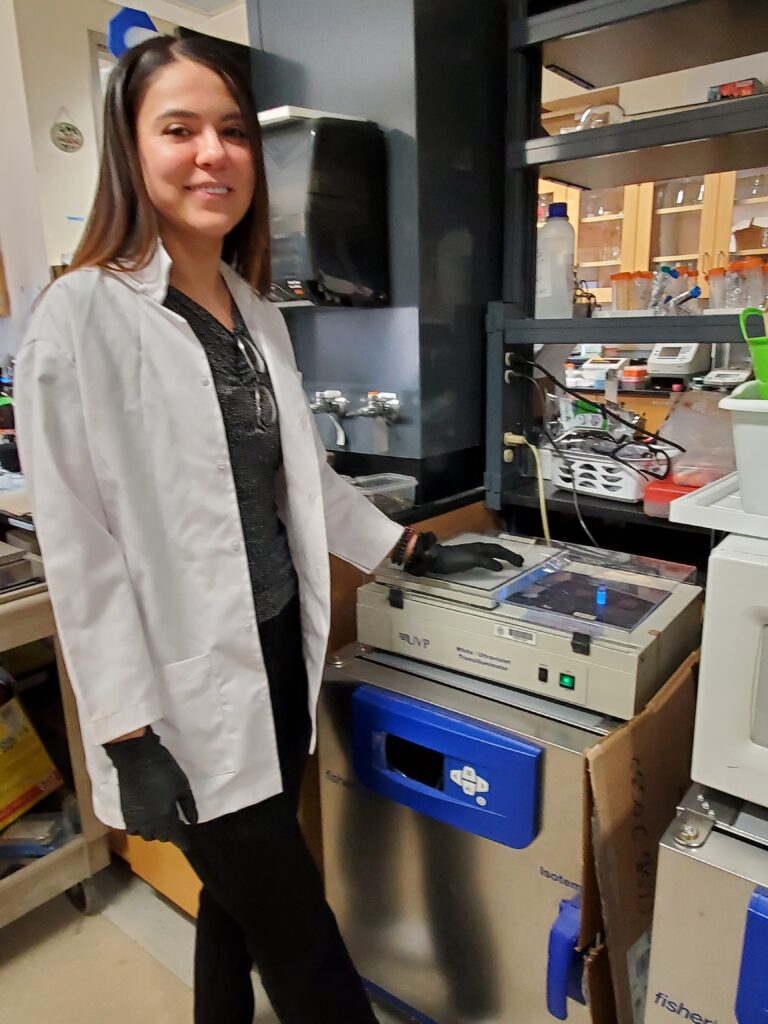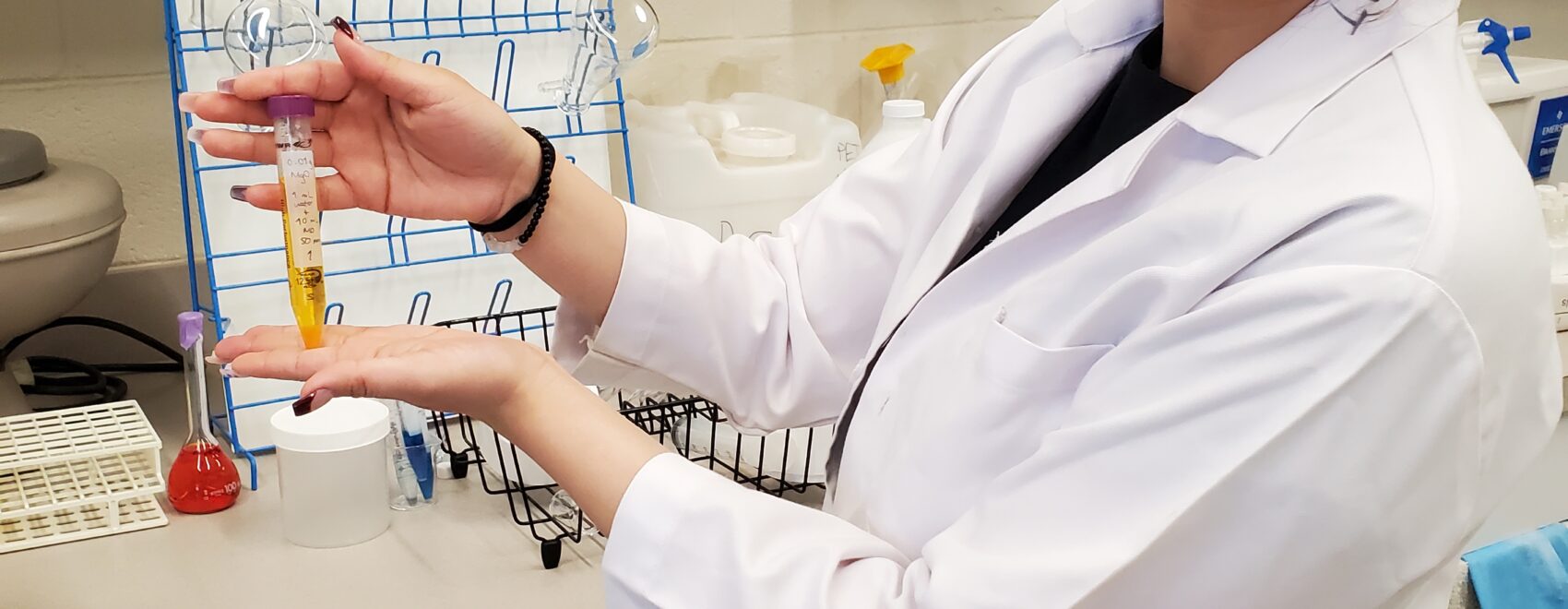This past summer, our CBTS Center proudly hosted an exceptional Summer Research Team led by Dr. Hamidreza Sharifan, joined by students Daisy Wilson and Valerie Gonzalez from the University of Texas at El Paso. We’re thrilled to share that their groundbreaking article, “Evaluating the Efficacy of ZnO and MgO Nanoparticles on Post-Harvested Rice to Enhance Food Security Against Agroterrorism,” has been accepted for publication in the Journal of Rice Science.

This innovative research was conducted under the Department of Homeland Security’s (DHS) Summer Research Team Program. This initiative pairs university faculty and students with DHS Science and Technology (S&T) Centers of Excellence (COE) to collaborate on research that directly supports national security goals. Administered by the Oak Ridge Institute for Science and Education (ORISE), a leader in Science, Technology, Engineering and mathematics (STEM) advancement since 1946, this program equips young scientists with real-world experience and career-shaping opportunities.
Dr. Sharifan’s team dove deep into the world of post-harvest rice, analyzing grains sourced from both Mexico and the United States. Their work focused on pathogen modeling with E. coli and explored how contamination could affect rice’s nutritional profile. Using a multidisciplinary approach, the team engaged in hands-on research that emphasized both learning and scientific rigor. Students gained valuable experience in techniques like proximate analysis, protein/fat/carbohydrate quantification, and mineral analysis using Inductively Coupled Plasma Mass Spectrometry (ICP-MS).

Insights from research
The findings offer important insights into how pathogenic contamination may alter food quality and nutritional value—key factors in ensuring food safety. By examining regional agricultural differences, the team’s work enhances our understanding of global food systems and strengthens the foundation for defending against agroterrorism.
This study is a vital step toward building more resilient food systems using advanced nanotechnology. Dr. Sharifan and his team are helping to pave the way for safer, more secure food supplies, and we couldn’t be prouder of their achievements.

